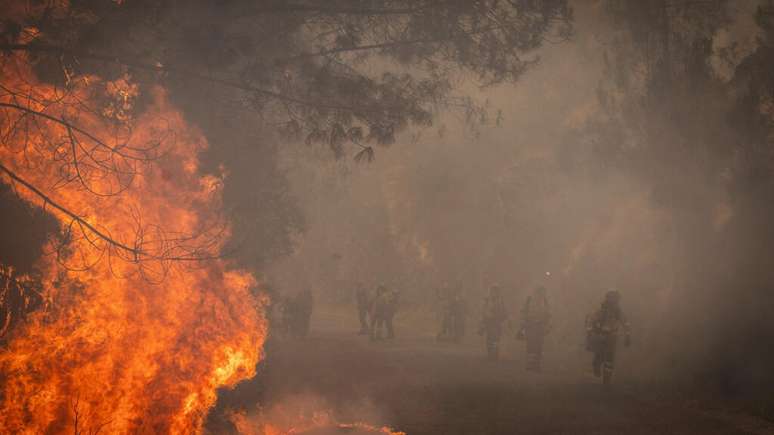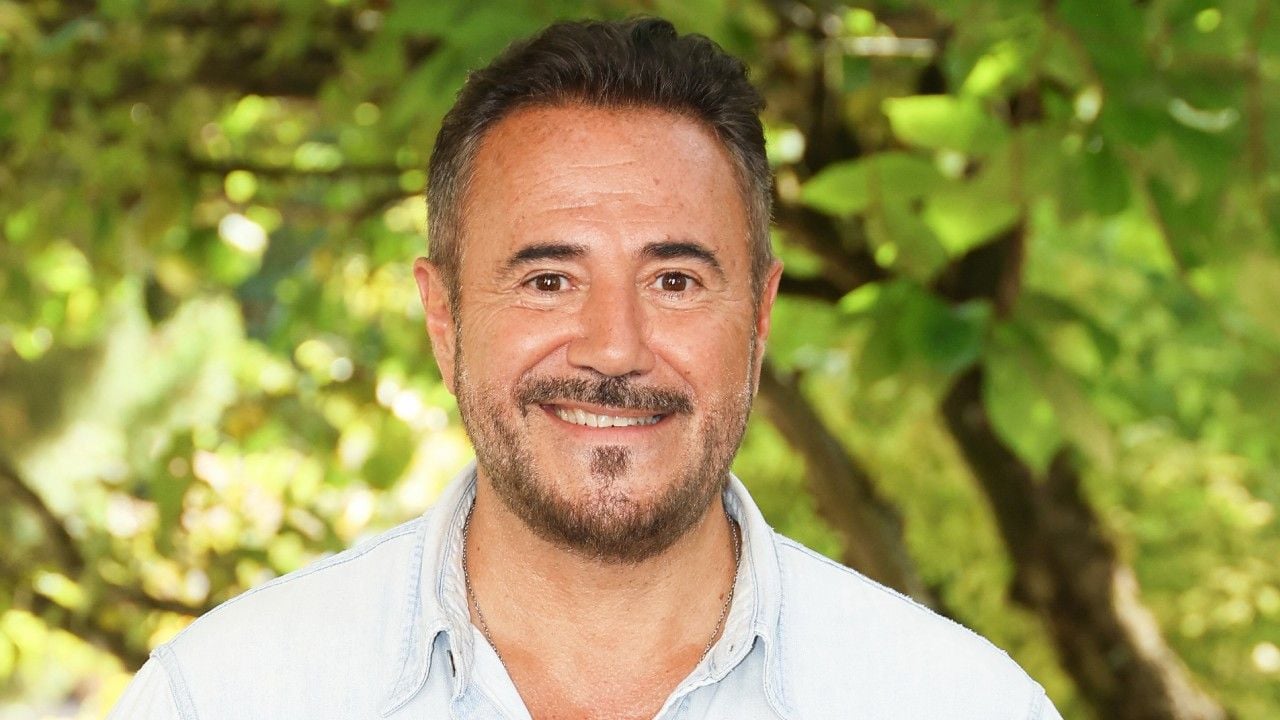Spain continues to undergo the consequences of the fires spread throughout the country. There are already more than 350,000 hectares devastated by the fire. And although national and international efforts have been employed, there are still active objectives in different parts of the Spanish territory. The topic is considered central during the meeting of the Council of Ministers which will take place on Tuesday (26), under the presidency of the Spanish Prime Minister, Pedro Sáchez.
Spain continues to undergo the consequences of the fires spread throughout the country. There are already more than 350,000 hectares devastated by the fire. And although national and international efforts have been employed, there are still active objectives in different parts of the Spanish territory. The topic is considered central during the meeting of the Council of Ministers which will take place on Tuesday (26), under the presidency of the Spanish Prime Minister, Pedro Sáchez.
Ana Beatriz FariasRFI correspondent in Madrid
As the newspaper El País said, one of the objectives of the meeting is to declare 16 of the 17 Spanish autonomous communities as “catastrophic areas”. All regions, with the exception of the Basque country and the autonomous cities of Ceuta and Melilla, will be considered “areas seriously affected by the emergencies of civil protection”.
Since these areas are officially considered “catastrophic areas”, the response of the central government to different local needs should be more agile and direct. The state can, for example, grant financial assistance to the victims of catastrophes. Tax reductions and exemptions can also be put into practice as a way to benefit from the most affected populations. In addition, bureaucratic procedures relating to the reconstruction of the areas concerned should be facilitated.
It is interesting to note that the Spanish government will not limit the status of “catastrophic area” to the regions affected by the latest fires in August. Territories affected by other phenomena, such as storms and strong floods will also include territories. Everyone has been recorded since June this year.
Immediate consequences
Until last Monday (25), 14 level 2 fires – on a gravity scale that reaches up to 4 – hit by Spain. Of these, 10 are in the Castile region and Leão; 3, in Asturies and one in Galicia. In addition to these worrying fires, there are three focuses considered stabilized and seven controlled.
The information was confirmed by Virginia Boatnes, director of the Civil Protection and emergencies of the Spanish government. In an interview with Radio Onda Cero, Boatnes explained that, despite the positive evolution of fire fighting work, there is still concern about the topic. He also said he hoped that the weather conditions facilitate the extinction of the outbreaks of fire.
The fire that has spread through different regions of Spain since 8 August and has shaken 358,000 hectares, according to the European Forestry Information System. Four people lost their lives and dozens were injured, in addition to the countless damage caused to animals and the environment. The period of voracious fires coincides with the Wave of heat more intense ever recorded in the countrywhich took place between the 3rd and 18th of this month. Overall, in 2025, there are already more than 400 thousand hectares devastated by the fire in the Spanish territory.
Beyond local means e nationalForeign aids are used to combat firefighters. Countries such as Czech Republic, Slovakia, Germany, Finland, France and Portugal have sent reinforcements. This is the largest device of international aid that has arrived in Spain, according to Civil Protection and emergencies, Virginia Boatuns.
Political controversy
The tragedy of fires in Spain generated a significant political clash between the central right and left government. The Popular Party (PP), as the main acronym for the opposition, guided this “political battle”, using fires to criticize the management of the government and propose its solutions.
Alberto Núñez Feijóo, leader of the PP, even published the following text: “Five days asking strengthening the armed forces and most of what has been requested has not yet arrived. Five years without approving a national mechanism of civil protection response. Prevention funds without investments. The task of Sánchez is to save and improvise.”
As a counterpoint to what calls the “political paralysis” of the central government, Feijó has tried to concentrate the debate on the idea that the main cause of the wave of fire is human action. The popular leader has even stated that 80% of the outbreaks would be “intentional”, although this percentage do not find support in official data.
Feijóo also presented the entire help, recovery and prevention plan for rural and forest areas, consisting of 50 measures. The Popular Party must present these ideas before Parliament, proposing its solutions to the crisis. As a “star” measure, it is the creation of a “national incendiary register”, which provides for the geolocation of the condemned by starting fires through electronic bracelets.
On behalf of the National Government, the Spanish Defense Minister Margarita Robles accused the regional representatives of the Popular Party, whose territories were affected by fires, not to fulfill their responsibilities. At the same time, Robles appealed to the awareness of these sovereigns who accuse the central government of omission: “They know perfectly, at least in the case of the army, while they worked from the first moment”.
The Minister of the Housing and Urban Agenda, Isabel Rodríguez, denied that there was a polarization, putting the popular party in the popular party. “There are those who cause tensions and there are those who work and defend the general interest”he underlined. Rodríguez also stressed that the usual posture of the PP leader is to “take advantage” from this type of situation to ask for new elections. “It’s the only thing that the Lord Feijóo knows,” he concluded.
Source: Terra
Rose James is a Gossipify movie and series reviewer known for her in-depth analysis and unique perspective on the latest releases. With a background in film studies, she provides engaging and informative reviews, and keeps readers up to date with industry trends and emerging talents.







